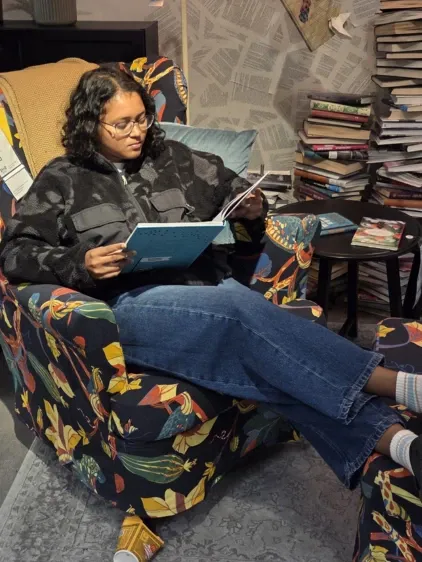
Abeeda
I wish people understood that type 2 diabetes is far more complex than the stereotypes make it out to be.
Abeeda, who lives in Norwich, was diagnosed with type 2 diabetes at the age of 17. Now, aged 26, she shares her experience.
customer support
customer support

I wish people understood that type 2 diabetes is far more complex than the stereotypes make it out to be.
Abeeda, who lives in Norwich, was diagnosed with type 2 diabetes at the age of 17. Now, aged 26, she shares her experience.